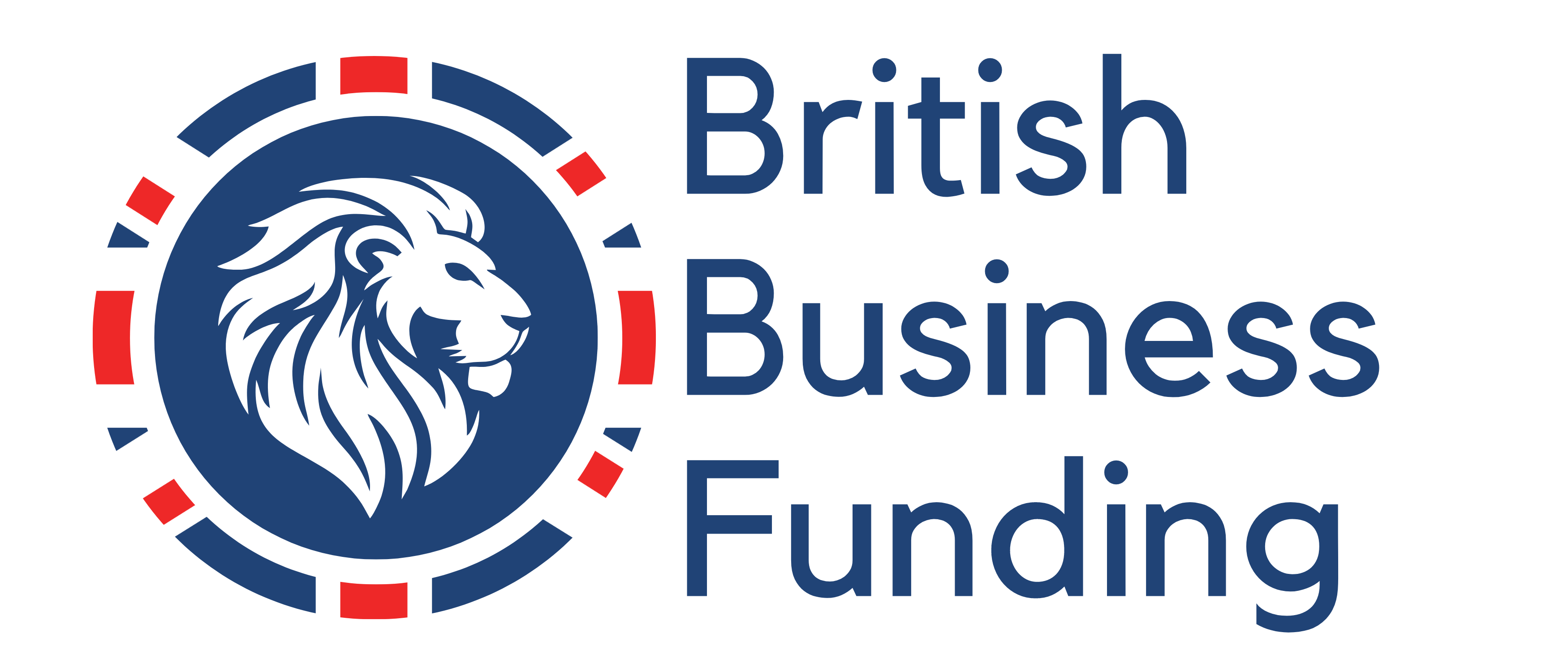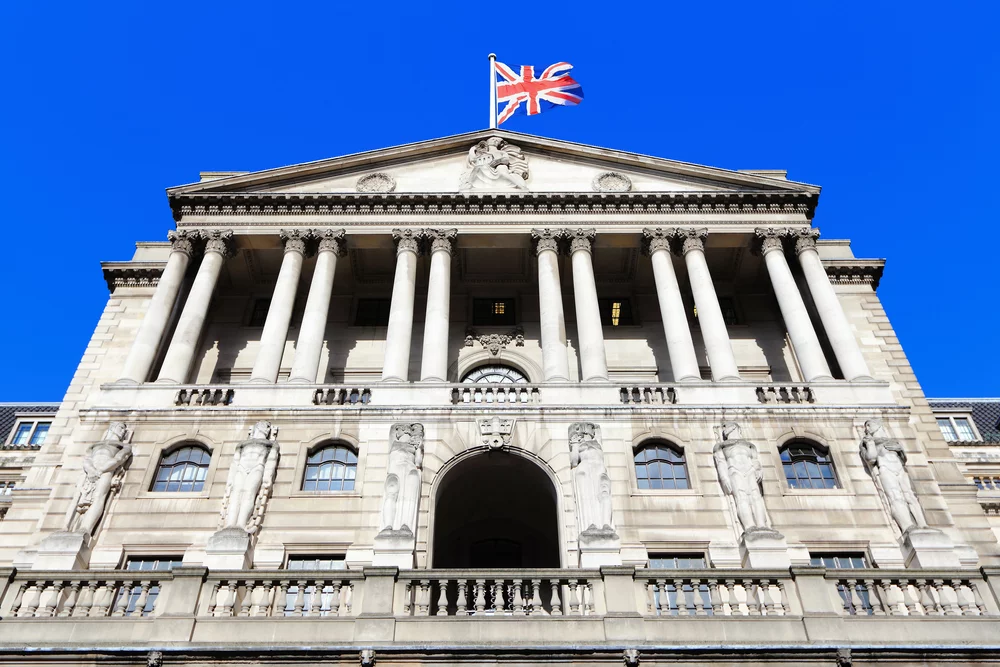Introduction
Running a business comes with its fair share of challenges, and one of the most significant obstacles can be obtaining financing. Many lenders, particularly traditional banks, have strict credit requirements that make it difficult for business owners with bad credit to secure a loan. However, there are options available for those in need of business funding, even with a less-than-stellar credit history. In this comprehensive guide, we will explore the world of bad credit business loans, their benefits and drawbacks, and how to navigate the process of obtaining one.
Understanding Bad Credit Business Loans
What is a Bad Credit Business Loan?
A bad credit business loan is a financial product designed specifically for business owners with poor credit. These loans are tailored to help high-risk borrowers access the funding they need to support their businesses. Unlike traditional loans, bad credit business loans have more relaxed eligibility requirements and lower credit score thresholds. However, it’s important to note that these loans often come with higher interest rates and fees to compensate for the increased risk taken on by the lender.
Types of Bad Credit Business Loans
There are various types of bad credit business loans available to borrowers, each with its own unique features and requirements. Here are some common options:
- Term Loans: Term loans are a popular choice for businesses looking for a lump sum of cash. These loans are repaid over a fixed period, typically with regular monthly payments.
- Microloans: Microloans are small business loans typically provided by non-profit organisations and backed by the Small Business Administration (SBA). They are ideal for businesses in need of smaller loan amounts.
- Secured Loans: Secured loans require collateral, such as property or equipment, to secure the loan. This collateral provides additional security for the lender and can increase the chances of approval, even with bad credit.
- Invoice Factoring: Invoice factoring allows businesses to sell their unpaid invoices to a lender in exchange for immediate cash. This option is suitable for businesses with outstanding invoices and limited cash flow.
- Merchant Cash Advances: Merchant cash advances provide a lump sum payment based on the future debit and credit card sales of the business. Repayment is typically made through a percentage of daily card sales.
- Working Capital Loans: Working capital loans are designed to cover day-to-day operating expenses and bridge gaps in cash flow. These loans are particularly useful for businesses experiencing seasonal fluctuations.
Pros and Cons of Bad Credit Business Loans
Pros of Bad Credit Business Loans
Despite the higher costs associated with bad credit business loans, they offer several advantages for business owners in need of financing:
- Access to Funding: Bad credit business loans provide an opportunity for business owners with poor credit to access the funds they need to grow their businesses or cover expenses.
- Flexible Use of Funds: Unlike some traditional loans that come with restrictions on how the funds can be used, bad credit business loans typically offer flexibility in how the funds are utilised.
- Improved Credit: Successfully repaying a bad credit business loan can help rebuild your credit score over time. By demonstrating responsible borrowing behaviour, you can improve your creditworthiness for future borrowing needs.
Cons of Bad Credit Business Loans
While bad credit business loans can be a lifeline for businesses with poor credit, there are some drawbacks to consider:
- Higher Interest Rates: Bad credit business loans often come with higher interest rates to offset the increased risk taken on by the lender. This means you’ll end up paying more in interest over the life of the loan.
- Potential for Collateral Requirement: Depending on the lender and the loan type, you may be required to provide collateral to secure the loan. This collateral could be your business assets, such as property or equipment.
- Limited Loan Amounts: Bad credit business loans may have lower borrowing limits compared to traditional loans. This can limit the amount of funding available to your business.
How to Obtain a Business Loan with Bad Credit
Securing a business loan with bad credit may require some additional effort, but it’s not an impossible task. Here are some steps to increase your chances of obtaining a bad credit business loan:
1. Assess Your Credit Report
Start by obtaining a copy of your credit report from the major credit bureaus. Review the report for any errors or discrepancies that may be negatively impacting your credit score. Dispute any inaccuracies and work towards resolving outstanding debts.
2. Build a Strong Business Plan
A well-crafted business plan can demonstrate to lenders that you have a clear vision for your business and a strategy for success. Outline your business goals, target market, financial projections, and how the loan will be utilised to achieve growth.
3. Explore Alternative Lenders
Traditional banks may be less likely to approve a loan for a business owner with bad credit. Instead, consider alternative lenders, such as online lenders or community development financial institutions (CDFIs), that specialise in working with high-risk borrowers.
4. Provide Collateral or a Personal Guarantee
To increase your chances of loan approval, consider offering collateral or a personal guarantee. Collateral can be business assets, such as property or equipment, while a personal guarantee involves taking personal responsibility for loan repayment.
5. Improve Cash Flow Management
Demonstrate your ability to manage your business’s cash flow effectively. Implement strategies to improve cash flow, such as reducing expenses, negotiating better payment terms with suppliers, and optimising inventory management.
Frequently Asked Questions
Q: Can I get a business loan with bad credit?
A: Yes, it is possible to obtain a business loan with bad credit. However, it may require additional effort and potentially higher costs, such as higher interest rates or collateral requirements.
Q: How can a bad credit business loan improve my credit?
A: Successfully repaying a bad credit business loan can help rebuild your credit over time. By consistently making on-time payments, you demonstrate responsible borrowing behaviour, which can positively impact your credit score.
Q: Are there alternatives to bad credit business loans?
A: Yes, there are alternative financing options for businesses with bad credit. These may include microloans, invoice factoring, or merchant cash advances. It’s important to explore different options to find the best fit for your business’s needs.
Q: How long does it take to get approved for a bad credit business loan?
A: The approval process for a bad credit business loan can vary depending on the lender and the loan type. Online lenders often have faster approval times compared to traditional banks, with some providing funding within a few business days.
Conclusion
While bad credit can present challenges when seeking business loans, it doesn’t mean that funding is out of reach. By understanding the options available and taking proactive steps to improve your creditworthiness, you can navigate the world of bad credit business loans with confidence. Remember to carefully evaluate the pros and cons, and choose a loan product that aligns with your business’s needs and financial goals. With determination and strategic planning, you can secure the funding you need to propel your business forward.

